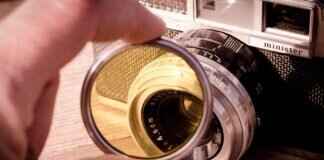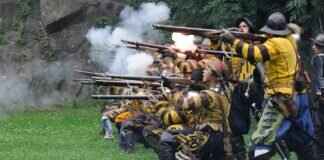Amid the flurry of political activity surrounding the looming no-confidence motion against Visakhapatnam Mayor G. Hari Venkata Kumari in the Greater Visakhapatnam Municipal Corporation (GVMC) council, tensions are running high as both the NDA and YSRCP leaderships work to solidify their positions. With the crucial no-confidence motion meeting set for April 19, the stakes are higher than ever.
Political Maneuvering Abroad
Recent developments have revealed a strategic move by the YSRCP and TDP corporators, who have been relocated abroad amidst the escalating political drama. While YSRCP members were initially stationed in Karnataka, they have since been discreetly shifted to Sri Lanka. On the other hand, the TDP has arranged for its corporators to regroup at a resort in Bhogapuram before being quietly dispatched to Malaysia. The swift relocation of approximately 25 to 30 corporators to Malaysia, with another group poised to depart shortly, underscores the intense behind-the-scenes maneuvering in anticipation of the impending no-confidence motion.
The current composition of the GVMC council stands at 97 corporators representing 98 wards, along with 14 ex-officio members. The NDA boasts a purported strength of 72 members, comprising 48 TDP corporators, 11 Jana Sena Party (JSP) members, and two Bharatiya Janata Party (BJP) representatives, in addition to the 12 ex-officio members. Conversely, the YSRCP commands 34 corporators with the backing of three ex-officio members, while the remaining two seats are held by the CPI and CPI(M). Sources indicate that the NDA requires a minimum of 74 votes to clinch victory in the upcoming no-confidence motion, prompting a frenzied scramble for additional support.
Internal Dissent and Strategic Calculations
Reports have surfaced suggesting internal discord within the YSRCP ranks, with certain corporators expressing dissatisfaction with the party leadership and opting to distance themselves from official engagements. Notably, some disaffected members have conspicuously refrained from participating in the relocation to Sri Lanka, hinting at potential rifts within the party. Furthermore, an ex-officio member previously aligned with the YSRCP is reportedly maintaining a cautious distance from party activities, fueling speculation about wavering loyalties.
In a parallel development, the NDA corporators have lodged a no-confidence motion against Deputy Mayor J. Sridhar, with 57 corporators formally endorsing the petition submitted to the Collector. The scheduled meeting to deliberate on the no-confidence motion targeting the Deputy Mayor is slated for April 26, adding another layer of intrigue to the unfolding political saga.
As the countdown to the decisive council meetings continues, the political landscape in Visakhapatnam remains fraught with uncertainty and intrigue. With allegiances shifting, tensions simmering, and strategic gambits unfolding, the outcome of the impending no-confidence motions hangs in the balance, poised to reshape the power dynamics within the GVMC council and beyond.















